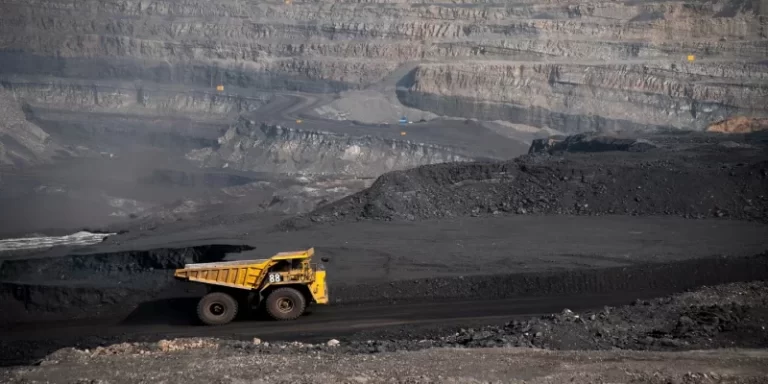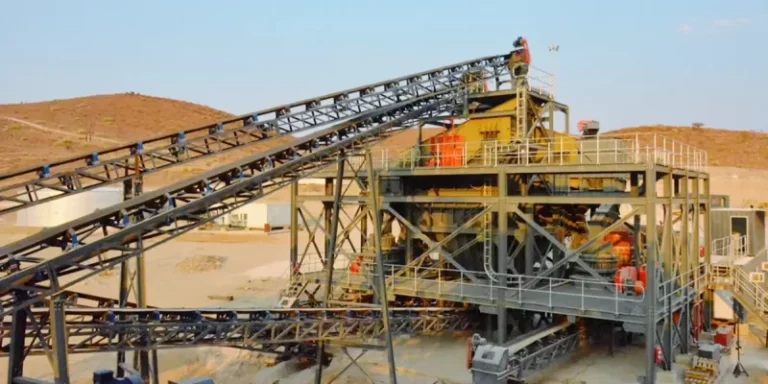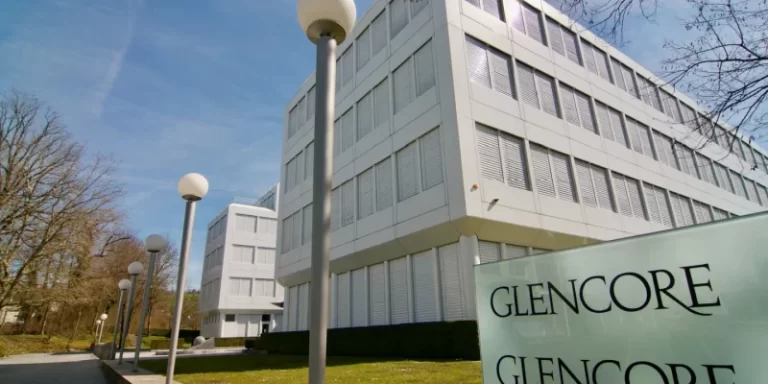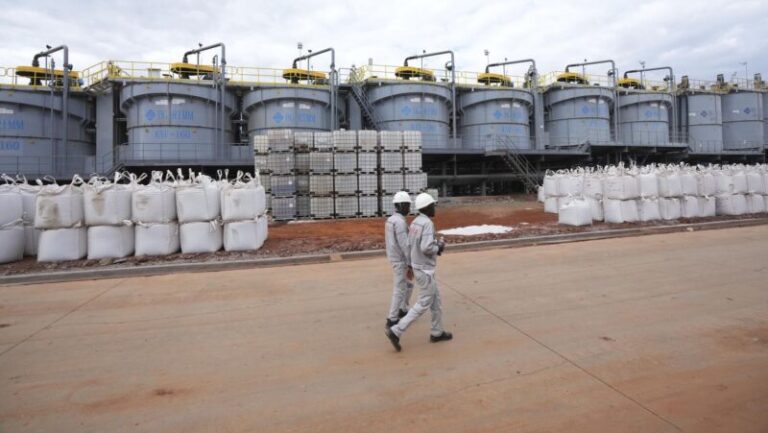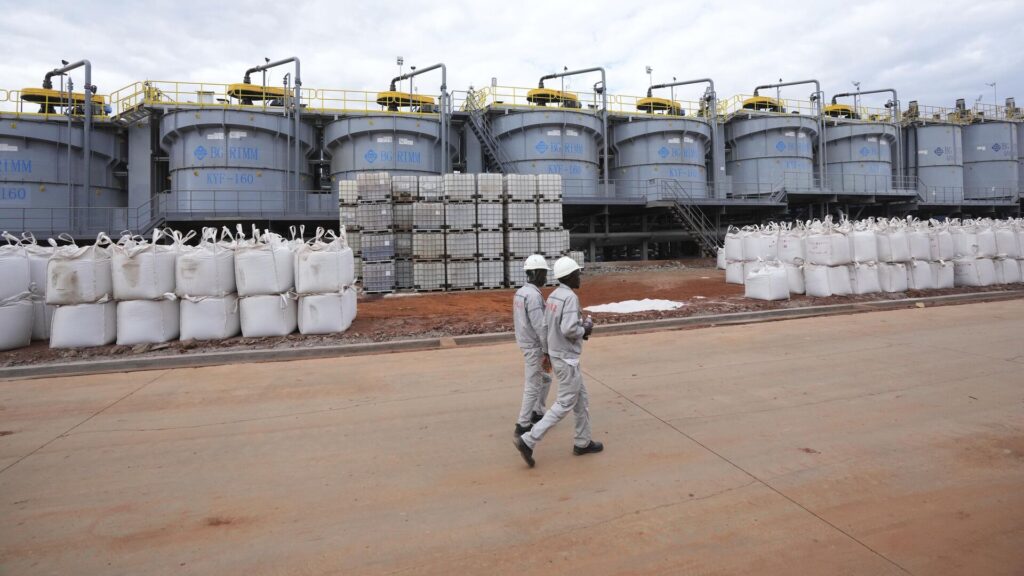
Zimbabwe will prohibit the export of lithium concentrates starting in 2027, as part of its broader effort to increase local processing of the valuable mineral, Mines Minister Winston Chitando announced on Tuesday.
As Africa’s leading producer of lithium—a key component in batteries used for renewable energy technologies—Zimbabwe previously banned the export of raw lithium ore in 2022.
Since then, the government has been encouraging miners to add value locally by processing more of the mineral within the country.
Most lithium mining operations in Zimbabwe are operated by Chinese companies, which have been exporting lithium concentrates to China for further processing.
However, Chitando revealed that lithium sulphate plants are currently under development at two major mines: Bikita Minerals, owned by Sinomine, and Prospect Lithium Zimbabwe, owned by Zhejiang Huayou Cobalt.
Lithium sulphate is an intermediate product that can be further refined into battery-grade materials such as lithium hydroxide or lithium carbonate, which are essential for battery manufacturing.
“Because of the processing capacity now being established in the country, the export of all lithium concentrates will be banned from January 2027,” Chitando said during a media briefing following a weekly cabinet meeting.
In 2023, the government required lithium miners to submit plans for building local refineries by March 2024.
However, enforcement of the requirement was eased following a sharp decline in global lithium prices.
Despite this, major Chinese investors—including Sinomine, Zhejiang Huayou Cobalt, Chengxin Lithium Group, Yahua Group, and Canmax Technologies—have invested over $1 billion since 2021 in acquiring and developing lithium projects in Zimbabwe.


